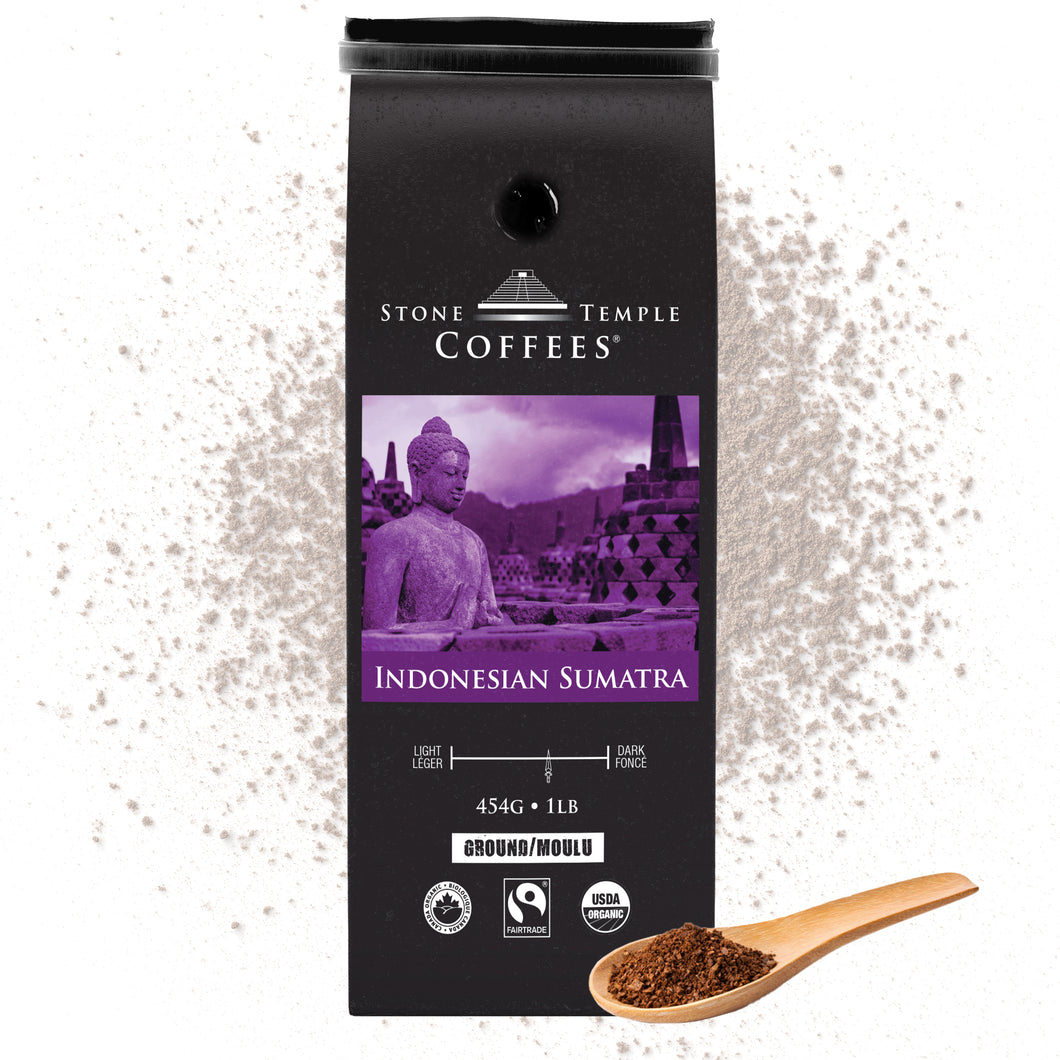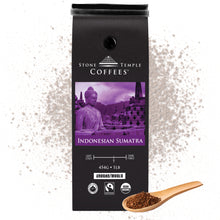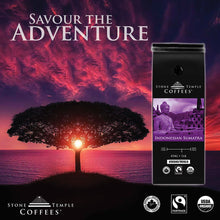Indonesian Sumatra - Ground, Medium Roast, Certified Organic OCIA/ Fairtade Coffee 1lb/454g
Regular price
$24.95
Sale
Sumatran Coffee: Bold, Earthy, and Uniquely Intense
Experience the rich, robust flavors of our Sumatran Coffee, a full-bodied brew that delivers a spicy, earthy taste and a delightful herbal aroma. Roasted to perfection between medium and dark, this coffee boasts virtually no acidity, making it a smooth and satisfying choice for those who crave depth and intensity in every cup.
Why You’ll Love It
-
For Coffee Connoisseurs: Discover a complex flavor profile featuring notes of leafy greens, fresh wood, peat moss, mushroom, and walnut.
-
For Baristas: The earthy undertones of this coffee make it an excellent pairing for evening drinks like brandy, cognac, and wine.
-
For Chefs: Complement hearty protein-rich breakfasts with this bold brew. It’s the perfect match for steak, breakfast sausage, bacon, and soy-based dishes.
A Coffee with Character
Grown in the lush landscapes of Sumatra, this coffee captures the essence of its origins with its intense, earthy flavors and smooth finish. Whether you’re enjoying it as a standalone brew or pairing it with food and drinks, it’s a coffee that leaves a lasting impression.
Savor the Intensity
Indulge in the bold, earthy flavors of Sumatran Coffee and elevate your coffee experience. Perfect for adventurous coffee lovers and culinary enthusiasts alike, it’s a brew that stands out in every way.
Indonesian Sumatra Overview: A Coffee Steeped in Tradition and Flavor
Sumatra, the largest of the Sunda Islands, is a tropical paradise nestled in the South Pacific. Known for its pristine jungles, azure seas, and world-class coffee, Sumatra is the fourth-largest coffee-producing region in the world, exporting over a billion pounds of coffee annually—roughly 65% of the world’s supply.
Indonesia itself is a vibrant tapestry of cultures, religions, and landscapes, ranging from remote jungle tribes to modern cities with towering skyscrapers. Coffee here is typically grown by small cooperatives, often family-owned farms with just a few acres and a hundred trees. These small-scale operations are the heart and soul of Sumatran coffee, preserving traditions that have been passed down for generations.
The Unique Flavor of Sumatran Coffee
Sumatran coffee’s distinctive flavor comes from a traditional processing method called Giling Basah (wet-hulling). This technique involves removing the coffee seeds from the cherries while they’re still moist, resulting in a coffee with earthy, chocolatey, and complex flavors.
Sumatra’s humid, tropical climate poses a unique challenge for coffee farmers. With only a few hours of dry weather each day, beans are dried to just 50% moisture content—far higher than the 12% to 15% typical in other regions. This high moisture level allows for a slight fermentation, which reduces acidity and brightness while enhancing earthy tones like wild mushroom, peat moss, herbs, and chocolate.
Once locally dried, the beans are transported to a facility for wet-hulling. Friction is used to complete the drying process and remove the beans’ protective parchment layer, further enhancing their fermentation and adding depth to their flavor. The result is a coffee with a complexity often compared to fine, aged scotch.
Why Choose Sumatran Coffee?
-
Earthy & Complex: Enjoy the rich, earthy flavors of wild mushroom, peat moss, herbs, and chocolate.
-
Low Acidity: The unique processing method results in a smooth, mellow cup with minimal brightness.
-
Craftsmanship: Each bean is a testament to the skill and dedication of Sumatran farmers.
Experience the Essence of Sumatra
With every sip of Sumatran coffee, you’re tasting the history, culture, and craftsmanship of one of the world’s most unique coffee-growing regions. Whether you’re a fan of bold, earthy flavors or simply curious about the story behind your coffee, Sumatran coffee offers an experience like no other.








